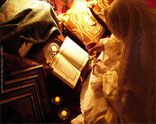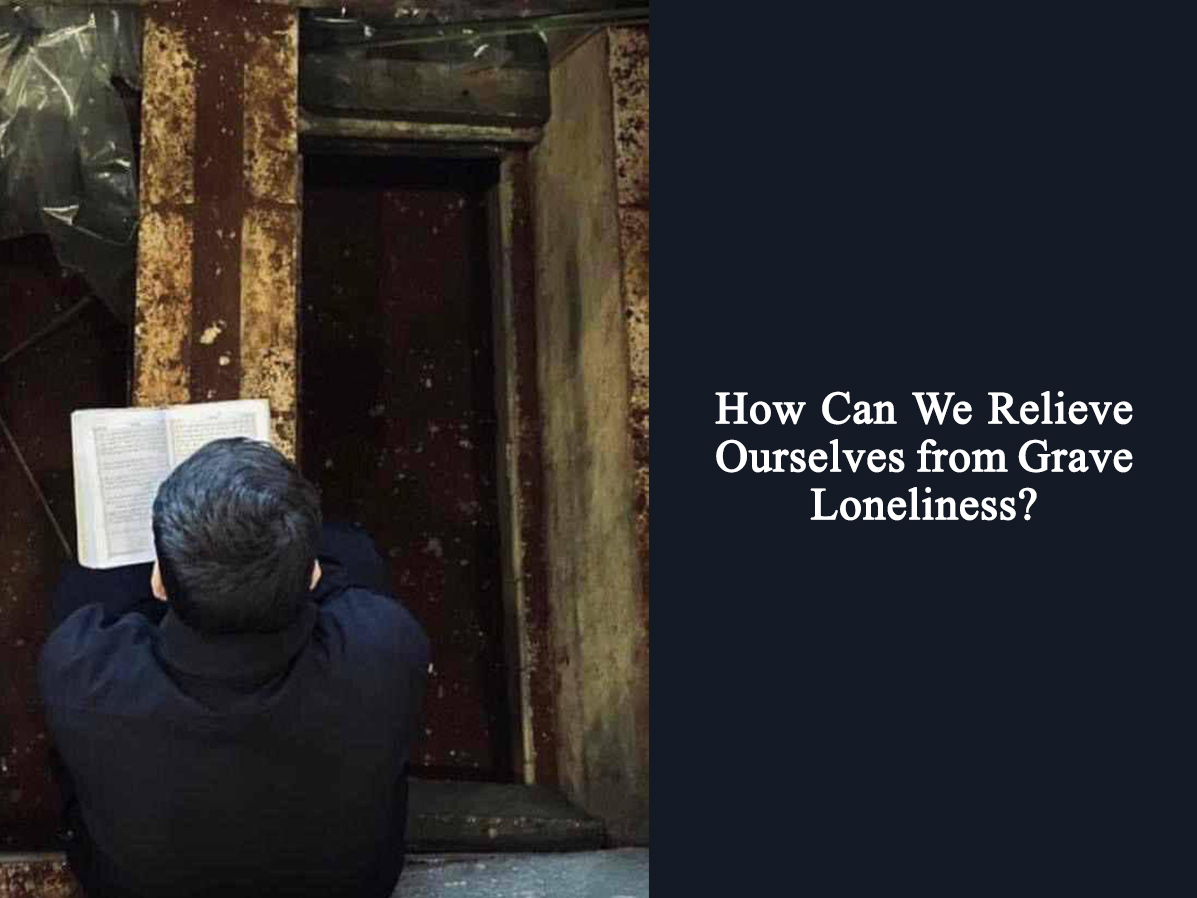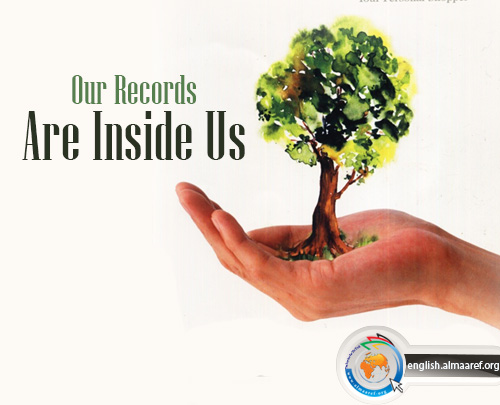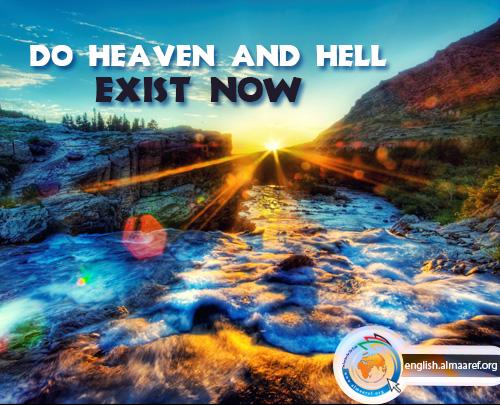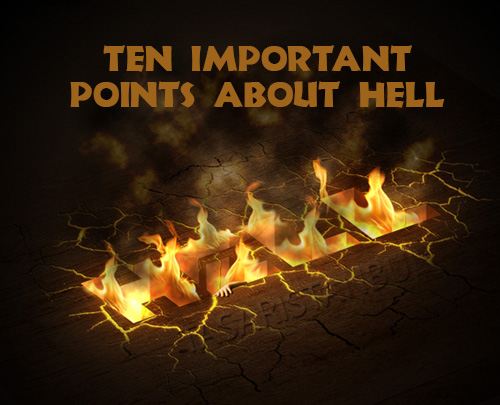Description of Reward and Punishment in Barzakh in the Holy Quran
Death & Purgatory
﴾An naaru…azaab﴿ (Surah Muminun 40:46) meaning: They will be thrown in fire in the morning and in the evening and when Qiyamat will occur (it will be ordered) "Inflict the severest punishment on Aale Firon."
This is one of those verses of the Quran which testify to punishment in Barzakh. The above ayat refers to those people of the Pharaoh who died of drowning in the Nile. Ever since that day, they are regularly brought near fire every morning and every evening. This will continue till the Day of Judgement where after they will be given the severest chastisement.
Imam Jafar Sadiq (a.s) says that there is no morning or evening in the Hereafter, that the said punishment in morning and evening refers to the realm of Barzakh. The Holy Prophet (peace be upon him and his household) said: If the dead person is one of the people of hell, his place in hell is shown to him every morning and every evening in his grave (Barzakh period). If he or she is of the people of paradise, he or she is shown his or her palace in paradise and told that this will be your station in the Hereafter.
People Will Lie Either In Comfort Or In Pain So Long As There Are Days And Nights
﴾Fa Amal…Arz﴿ (S. Hud 11:106-108) meaning: Those people who are unfortunate will burn in fire until this earth and sky are in place. They will cry and shriek heartrendingly except those whom your Lord likes. Verily your Lord does what He likes and those who are lucky and fortunate will live in paradise so long as the earth and the sky remain.
The Imam (a.s.) says that this verse also refers to the realm of Barzakh and the reward and punishment mentioned in it is also the consequence in Barzakh because, there is no question of earth or sky in the Qiyamat as the Holy Quran mentions: ﴾Izas Samaaun Shaqqat﴿ (sky will get torn) and this earth will also be there. It will also be changed: ﴾Yaw Ma…Qahhar﴿ (Surah Ibrahim 14:48).
Habeeb Najjar (A Faithful In Pharaoh’s People) In The Paradise Of Barzakh
﴾Queelad Khulil…Mukramin﴿ (Surah Yaa-seen: 26-27). This Holy verse refers to Habeeb Najjar who was Faithful despite belonging to Aale Phiraun. When he invited his people (community) to put faith in God's messengers, people threatened him (as described at length in the explanation of Surah Yaa-Seen) in Qalb-e-Quran by martyr Dastgaib). Finally they hanged him on an impaling stake and beat him to death. After his death, when he got his reward he said: I wish my people (community) would have known that I have been pardoned by God and that my Lord has placed me among the respected.
Here comes the Divine Word: “He was told: Enter paradise.” Imam (a.s.) says: Here paradise means the paradise of Barzakh (pre-resurrection). In another narration, it is mentioned that it means worldly heaven which is lower than the paradise in Hereafter.
In short, this Holy verse shows that as soon as the Momin (Faithful) of Aal-e-Firaun was martyred he entered paradise instantly. Since his community till then was in the world, he wished that they might know how many bounties the Most Merciful Lord had given to him (so that they too would have stopped disobedience and repented for their misdeeds and turned towards God).
Hard Life And Punishment In The Grave
﴾Wa man…A'maa﴿ (Surah Taha 20:124) meaning: The one who will turn away his face God verily will live a hard and painful life and he will be raised blind on the Day of Resurrection.
Most of the commentators are of the opinion that here 'Hard Life' means chastisement in the grave. Sayed-us-Saajideen (a.s.) also is reported to have taken this meaning.
Barzakh To Last Till All Will Be Made To Rise From Graves On The Day Of Qiyamah
﴾Hattma…Yub Asoon﴿ (Surah Mominoon, V: 99-100) meaning: So much so that when death comes to any of them the disbelievers) he says: ﴾My Lord! Send me back to the world so that I may perform some good deed to compensate what I left﴿. In response, he will be told: Never (you cannot return). He says a fruitless thing. And after them is Barzakh till the Day when people will be made to rise and gather.
This verse shows it very well that man has a life after death and before the Day of Judgement. It is in between the two. It is known by the name of Barzakh.
* By: Ayatullah Shaheed Sayyid Abdul Husain Dastghaib.


